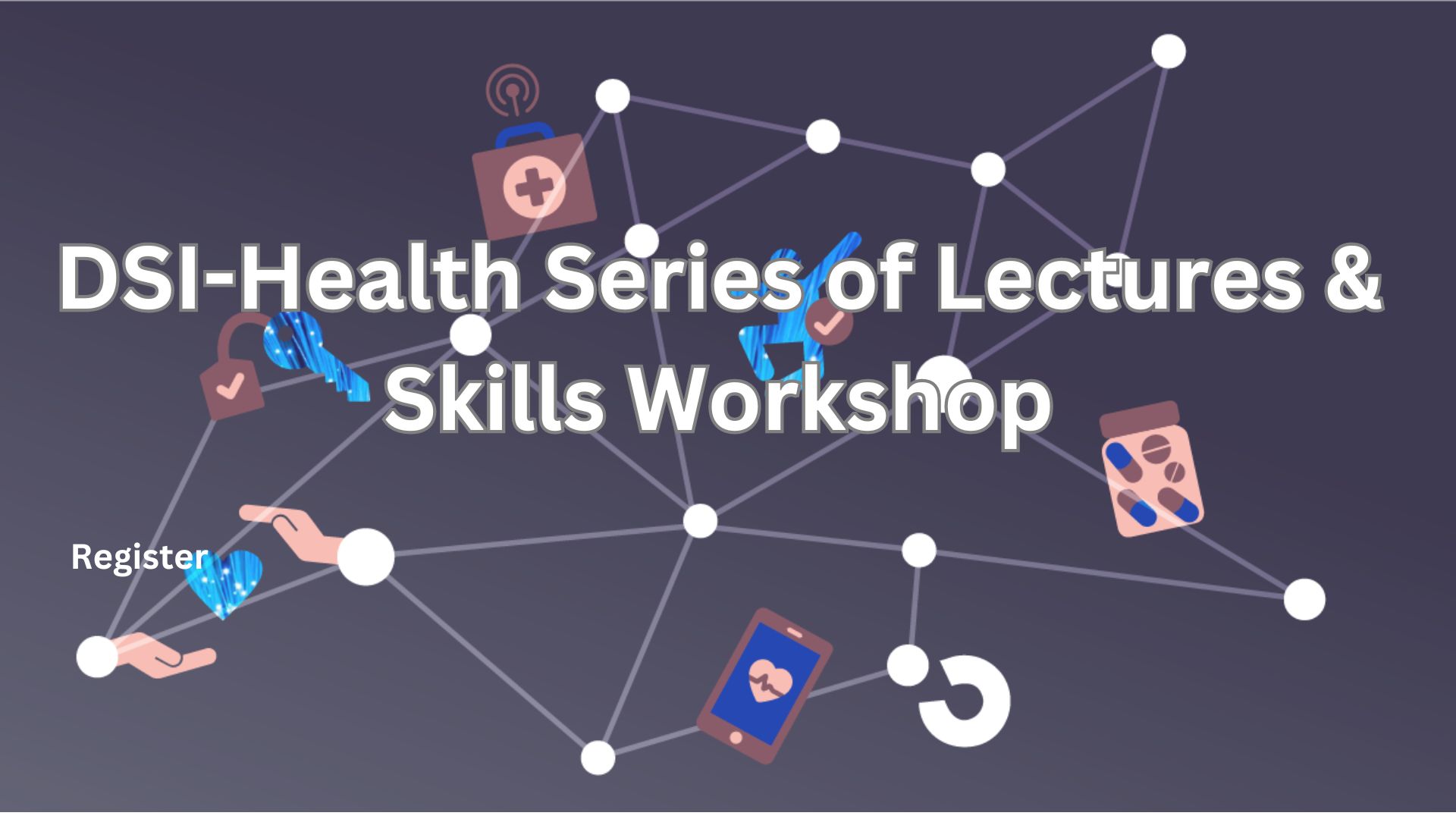Innovations in Digital Health Interventions
Researchers Involved
research areas
timeframe
2024 - 2024
contact
jana.sedlakova@ibme.uzh.chproject-files
DSI Community Health organizes a series of talks to discuss the current innovation in digital interventions. The talks will be open to the public to engage in discussions about the current trends in digital health.
The series of talks consists of 4-5 talks followed by Q&A and Apéro. The series will be open to public to present the community research projects and interest and to discuss the current innovations in digital interventions, such as the use of large language models. We also aim to bring the community members together and foster new collaborations among them. Complementary to the talks, we will organize an internal skill workshop to promote knowledge and skill expertise of community members and brainstorm new community project ideas.
Upcoming Talks & Events
3. session: “Configurable AI? Designing for clinical usefulness across contexts”
Speaker: Prof. Tariq Osman Andersen from the University of Copenhagen.
Time: Dec 6, 11-12:30
Location: Digital Society Initiative, Rämistr. 69. Zurich & online via Zoom
Description
In this talk, Tariq will unpack why it is uniquely difficult to realise clinician-facing AI/ML and present some of his recent work on what we term “Configurable AI”. Based on a study with radiology clinics across Denmark and Kenya, Tariq and his team explored key sociotechnical dimensions that are crucial to configure as a way for achieving clinical usefulness of AI/ML in real world settings. Tariq will present concrete examples from design interventions with AI/ML prototypes and share design recommendations related to AI functionality, AI focus, AI thresholds, and XAI. The take aways include designerly ways of bridging the translational gap, going from the lab to real world clinical implementation.
Past Talks & Events
2. session: Machine Learning in Health that Matters: Building an AI-ready world
Speaker: : Leo Anthony Celi
Time: July 5th, 5 – 6pm, followed by Apéro
Location: DSI Eventroom, Rämistr. 69, 8001 Zurich, or online
Registration here.
More information here.
Description
In 2011, Kiri Wagstaff wrote the seminal paper, “Machine Learning that Matters”, a thoughtful critique of the state of the field of machine learning at that time.
Fast forward to 2024, most of the artificial intelligence (AI) for healthcare is still being developed within silos in academia and industry, and without engagement of the key stakeholders – patients and their caregivers, and nurses and community health workers who provide most of healthcare (vs. doctors).
We have to abandon the “proven ineffective” methods of designing innovation. As long as the “publish or perish” (or “profit or perish” in industry) culture persists, we will continue to create innovations that only matter to those who can afford them. “Publish or Perish” or “Profit or Perish” leads to “Patients will Perish”, or more accurately, “The Poor will Perish. The talk will explore how we can build an AI-ready world.
This talk will be a part of a bigger event consisting of practical workshops in the morning and afernoon. More information will follow.
Community Meeting & Skills Workshop followed by Apéro
Time: June, 18th, 4-6 pm, followed by Apéro
Place: DSI, Rämistr. 69, 8001 Zürich, online via Zoom
A combination of a community meeeting and a skills workshop in which:
- we will update members about the current projects and activities,
- we will learn about each others expertise and skills that might be useful for future projects
- we will also collect ideas for new community projects and activities
- we will enjoy Apéro
1. session: Talk2UZH
Speaker: Andreas Baumer (IFIS, UZH)
Time: May 2nd, 4:30-5:30 pm, followed by Apéro
Location: DSI Eventroom, Rämistr. 69, 8001 Zurich
Registration is closed, if you wish to attend please contact jana.sedlakova@ibme.uzh.ch
Description
The Talk2UZH project is implementing cutting edge multi-lingual speech recognition in survey-based research. The vision is to let participants talk into their phones to tell us about their lived experiences in their own words. This technology alongside modern Natural Language Processing approaches allows us to combine the richness of qualitative data with the scale traditionally reserved for quantitative research. We created an interdisciplinary work group of researchers and are quickly developing multiple studies in order to evaluate the usefulness of this technology for different scientific disciplines. As part of this pilot project, we are paying special attention to ethical and data protection challenges and participant user experience. The goal is to make this technology more easily available to UZH and affiliated researchers, as we believe that if it is proven viable, many population-based studies could benefit.
Autumn Talks
3. Session
Speaker: Claudia Witt
Time: TBD
TBD
4. Session
Speaker: TBD
Time: TBD
TBD



